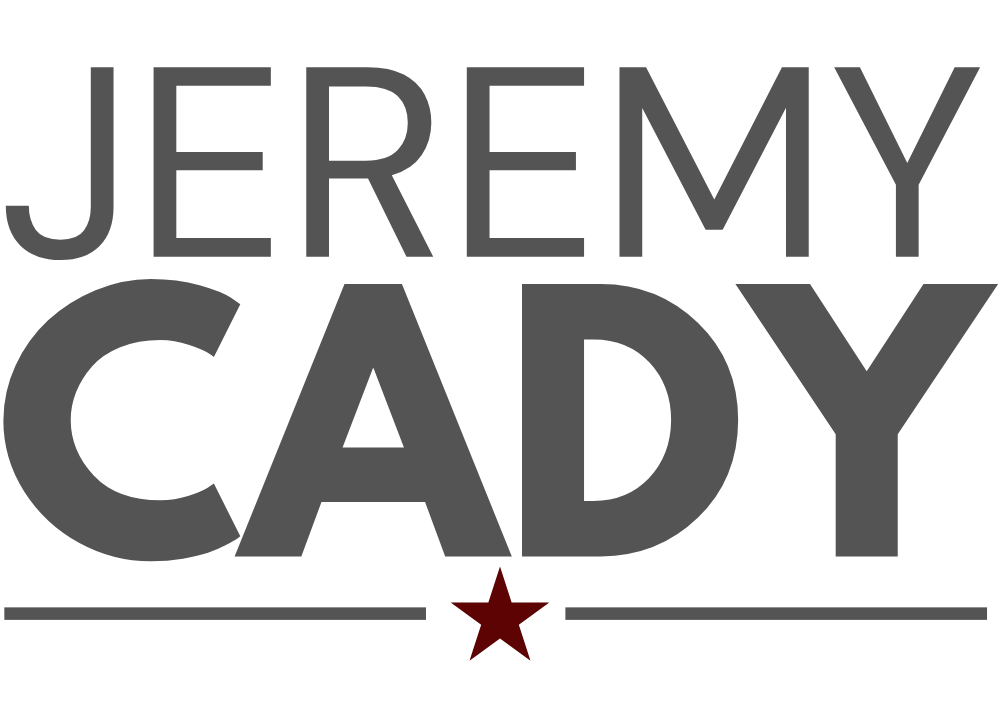Eliminating Missouri’s Income Tax: A First Step Toward True Tax Freedom

Missouri Governor Mike Kehoe is pushing for one of the most important economic reforms of our time: the elimination of the state income tax.
This is a critical first step in restoring true economic freedom for Missourians. While some conservatives argue that property taxes should be eliminated first, the reality is that income taxes are far more damaging to individual liberty, economic growth, and long-term prosperity.
Make no mistake—all taxation is a form of legal plunder. The government forcibly takes from individuals what they have rightfully earned. We should seek to reduce and eliminate as many taxes as possible. However, if we are going to prioritize which taxes to cut first, we must focus on the most destructive tax first. That means eliminating the income tax before shifting our focus to property taxes.
Labor Is a More Fundamental Right Than Property
Property rights are essential to a free society, but they are derived from an even more fundamental right—the right to labor. Before you can own anything, you must first work for it. Without the ability to produce wealth through labor, property rights have no meaning.
John Locke, one of the most influential philosophers behind America’s founding principles, wrote in his Second Treatise of Government:
“Yet every Man has a Property in his own Person. This no Body has any Right to but himself. The Labour of his Body, and the Work of his Hands, we may say, are properly his. Whatsoever then he removes out of the State that Nature hath provided, and left it in, he hath mixed his Labour with, and joyned to it something that is his own, and thereby makes it his Property.”
This means that labor is the origin of property. Without the right to work freely and keep the fruits of one’s labor, property rights are meaningless. Taxing labor—through an income tax—is essentially the government claiming ownership over the most fundamental expression of human freedom. It is a direct attack on personal liberty.
While property taxes are certainly oppressive and should also be eliminated, they do not strike at the very foundation of economic freedom in the way income taxes do. If you are not free to labor without government confiscation, then you are not free at all.
The Income Tax Is More Detrimental to Prosperity Than Other Forms of Taxation
There is overwhelming economic evidence that income taxes do more damage to economic growth than other forms of taxation, such as consumption taxes or property taxes. Studies have shown that:
• Income taxes discourage work, investment, and entrepreneurship. A study from the American Economic Journal found that lowering income taxes leads to higher GDP growth, greater investment, and increased private consumption.
• Income taxes reduce incentives to save and invest. Unlike property or sales taxes, an income tax takes money before it can be saved or reinvested into productive activities.
• High-income tax states suffer from economic stagnation. Data consistently shows that states with lower or no income tax—such as Texas, Florida, and Tennessee—experience higher job growth and business expansion compared to high-tax states like California and Illinois.
Consumption taxes, such as sales taxes, are far less damaging. Unlike income taxes, which penalize productivity at the source, sales taxes only apply when individuals choose to spend. If a person decides to save or invest instead of consuming, they are not taxed on their labor.
Additionally, consumption taxes are more transparent. Unlike income taxes, which involve complicated deductions, loopholes, and government intrusion, a sales tax is straightforward and does not require an army of bureaucrats to enforce.
Simply put, eliminating the income tax would unleash economic prosperity in Missouri. People would be able to work and invest without government punishment, leading to more job creation, more business investment, and ultimately greater wealth for all Missourians.
A Broader Sales Tax Is Still a Better Alternative to an Income Tax
Some critics argue that eliminating the income tax would require increasing the sales tax, particularly by expanding it to services. While this is not an ideal solution—again, all taxation is legal plunder—it is still a far less harmful form of taxation than an income tax.
Missouri currently applies sales tax only to goods, but if necessary, broadening it to include services would:
• Ensure that taxation is based on choice rather than coercion. Unlike an income tax, which seizes earnings before you have control over them, a consumption tax allows individuals to decide when and how they pay taxes.
• Encourage savings and investment. A broader sales tax system does not punish people for earning money—it only applies when they choose to spend it. This encourages greater wealth accumulation and economic stability.
• Attract businesses and residents. Many people and businesses are fleeing high-tax states like Illinois and California for low-tax states like Florida and Texas. By eliminating the income tax, Missouri would become a more attractive destination for job creators.
What About the Poor?
One of the biggest arguments against expanding the sales tax is that it would disproportionately affect lower-income individuals. However, this ignores economic reality:
• The Poor Already Pay Sales Tax at Their Maximum Level. Most low-income earners spend nearly all their money on basic necessities. Expanding sales tax to services will primarily affect those who consume more services, which is disproportionately the wealthy.
• A Sales Tax Does Not Punish Earning. Unlike an income tax, which takes money before a person has a choice, a consumption tax applies only when a person voluntarily spends. This means workers keep 100% of their paycheck, helping them climb out of poverty.
• Eliminating the Income Tax Creates Fewer Poor People. High-income tax states tend to have higher poverty rates because they discourage work, investment, and business creation. By eliminating the income tax, Missouri will see higher job growth, higher wages, and more economic mobility, reducing poverty over time.
Simply put, a sales tax—even if broadened to services—is far superior to an income tax. The ultimate goal should be reducing the overall tax burden as much as possible, but eliminating the income tax is the most important first step.
Governor Kehoe Is Right—Missouri Must Lead the Way
Governor Mike Kehoe deserves credit for his leadership on this issue. By pushing for the elimination of Missouri’s income tax, he is championing true conservative principles—limited government, economic freedom, and personal liberty.
The fight to eliminate taxes is never easy, but it is a fight worth having. No free society should tolerate the government taking a cut of every paycheck before a worker even sees it. Missouri has the opportunity to follow the lead of the most successful states in the country by abolishing the income tax and unleashing economic growth.
What Comes Next?
Step 1: End the income tax. This will immediately benefit workers, businesses, and the overall economy.
Step 2: Once the income tax is gone, shift focus to property taxes. With a booming economy, eliminating property taxes will become more politically and economically feasible.
Step 3: Continue reducing and eliminating taxation wherever possible. The less money the government takes, the more freedom Missourians will have.
Missouri has a historic opportunity to reject big-government taxation and set an example for the rest of the country. We must stand behind Governor Kehoe’s push to eliminate the income tax and restore true economic freedom to the people of Missouri.
The fight begins now. Let’s make Missouri a beacon of liberty by ensuring that hardworking Missourians keep what they earn—where it belongs.
Links:
John Locke, Second Treatise (Chapter V on Property)
The Macroeconomic Effects of Income and Consumption Tax Changes

